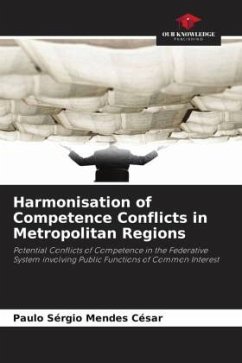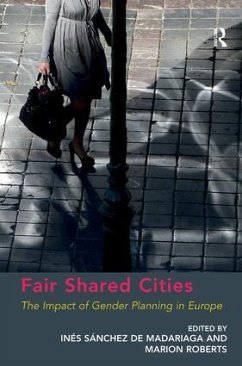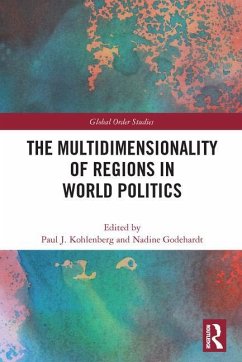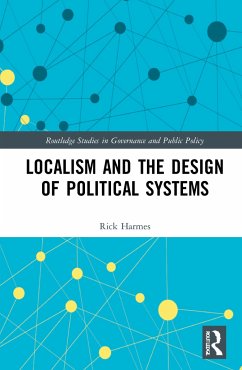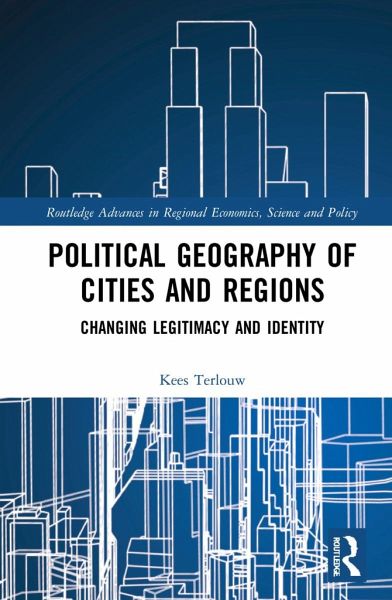
Political Geography of Cities and Regions
Changing Legitimacy and Identity
Versandkostenfrei!
Versandfertig in 1-2 Wochen
167,99 €
inkl. MwSt.
Weitere Ausgaben:

PAYBACK Punkte
84 °P sammeln!
This monograph presents a novel typology of relational and territorial perspectives on legitimacy and identity. This typology is then applied to two different political and historical contexts, namely the trajectories of the metropolitan region Amsterdam in the Netherlands and the metropolitan region Ruhr in Germany. The historical discussion spans 500 years, providing valuable depth to the study. Taken as a whole, the book provides a new perspective within the territorial-relational dichotomy and the geographies of discontent debate. Its key insights are that identity and political legitimacy...
This monograph presents a novel typology of relational and territorial perspectives on legitimacy and identity. This typology is then applied to two different political and historical contexts, namely the trajectories of the metropolitan region Amsterdam in the Netherlands and the metropolitan region Ruhr in Germany. The historical discussion spans 500 years, providing valuable depth to the study. Taken as a whole, the book provides a new perspective within the territorial-relational dichotomy and the geographies of discontent debate. Its key insights are that identity and political legitimacy are embedded in history and that both relational and territorial perspectives on these issues are time and place dependent. This book will be stimulating reading for advanced students, researchers, and policymakers working in political geography, human geography, regional studies, and broader social and political sciences.







